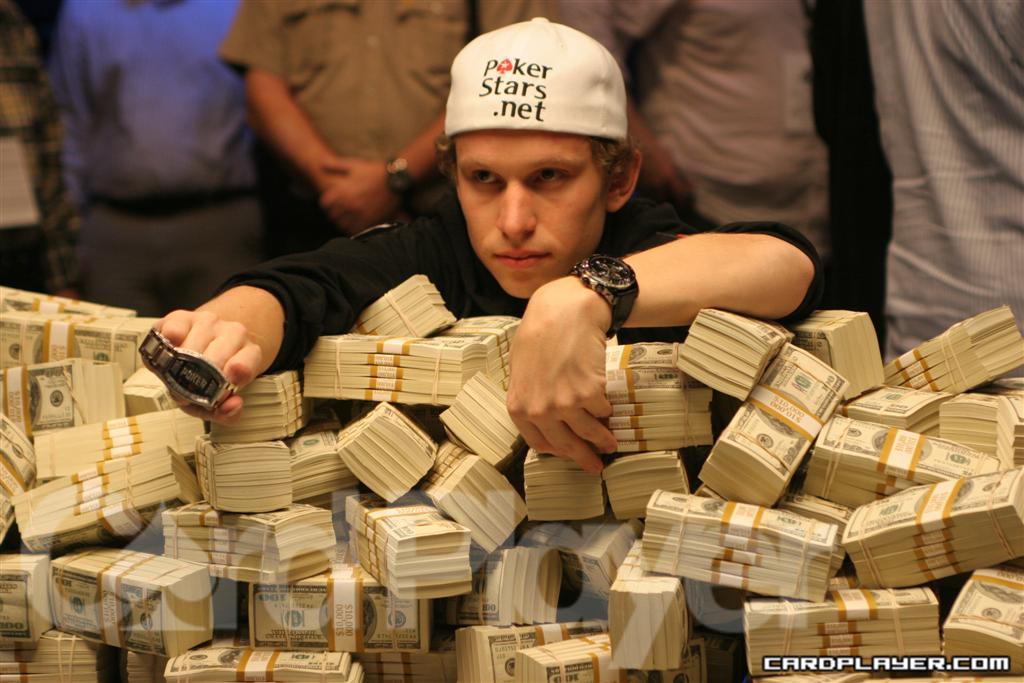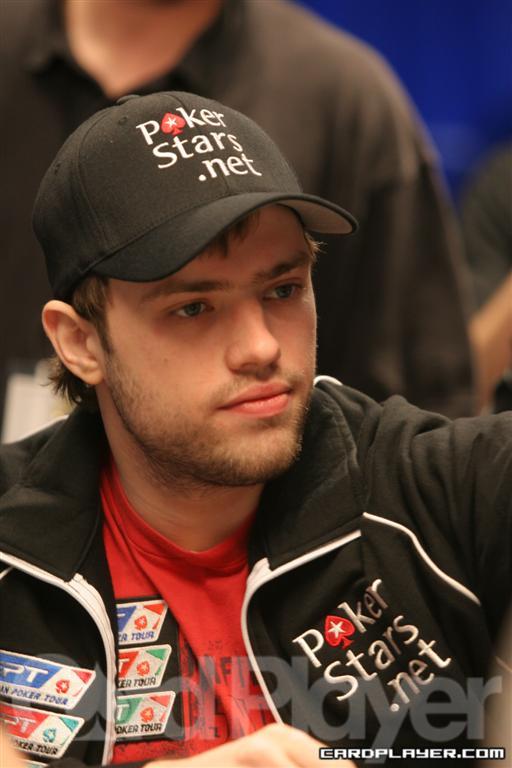






Players Criticize World Series of Poker CoverageHeads-Up Battle the Focus of Complaints |
|
|

Depending on whom you ask, the 2008 main event final table was either a massive failure or a huge success. Or you could ask the outspoken poker pro Mike Matusow, and he’ll tell you it was both.
“If I was a fan, it’d be a big letdown,” Matusow told Card Player TV. “As far as that, I think it was a failure. As far as Harrah’s and ESPN, I think it was a major success.”
There’s no denying that it was a ratings success. The four-month delay of the final table, so that the audience could watch the “near-live” action without knowing who won, attracted 46 percent more viewers than in 2007. But that didn’t prevent the criticism that followed.
When asked about their thoughts regarding the final table, nearly every professional poker player critiqued the coverage in a politically correct way. They made sure to highlight the good before they pointed out the bad.
2000 World Champion Chris “Jesus” Ferguson said he appreciated that ESPN showed so much of the prior action that it took to get to the final table. 2008 WSOP Player of the Year Erick Lindgren said that ESPN “did the best with their situation.” Even Matusow acknowledged the impressive production work that it took to get it on the air, saying it was “nothing short of a miracle.”
But then they pointed out the bad.

Of the 274 hands that were played at the final table, ESPN aired 23 of them. But the heads-up coverage between the eventual champion Peter Eastgate and the runner-up Ivan Demidov was the catalyst for most of the criticism. Over the course of four hours, there were 105 hands played between the final two players. ESPN showed just two hands, in five minutes of air time.
“The one glaring omission was that the heads up lasted two hands on television,” said Ferguson. “It really didn’t show the entire battle between these two great players.”
And there was a battle. Eastgate started out with an 80.3 million-50.6 million chip advantage over Demidov, only to watch the Russian claw his way back to take the lead. However, the cool 22-year-old Dane didn’t panic, instead allowing the aggressive Demidov to bluff over his chips in a series of mistakes.
Both Matusow and Ferguson suggest showing more heads-up action in the future.
“It’s a shame the rest of the American public didn’t get to see that,” said Matusow. “It would’ve been so sick to watch.”
